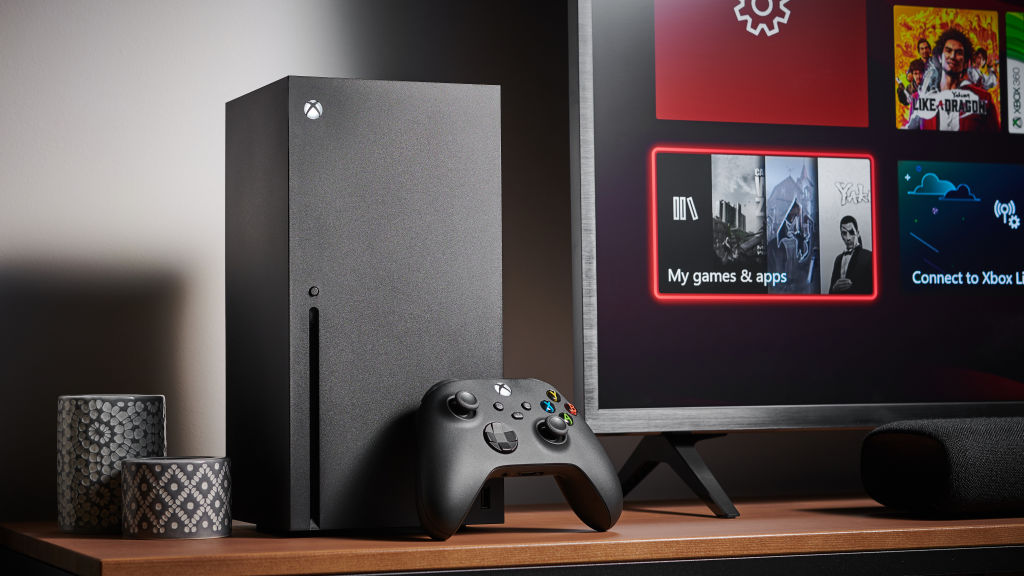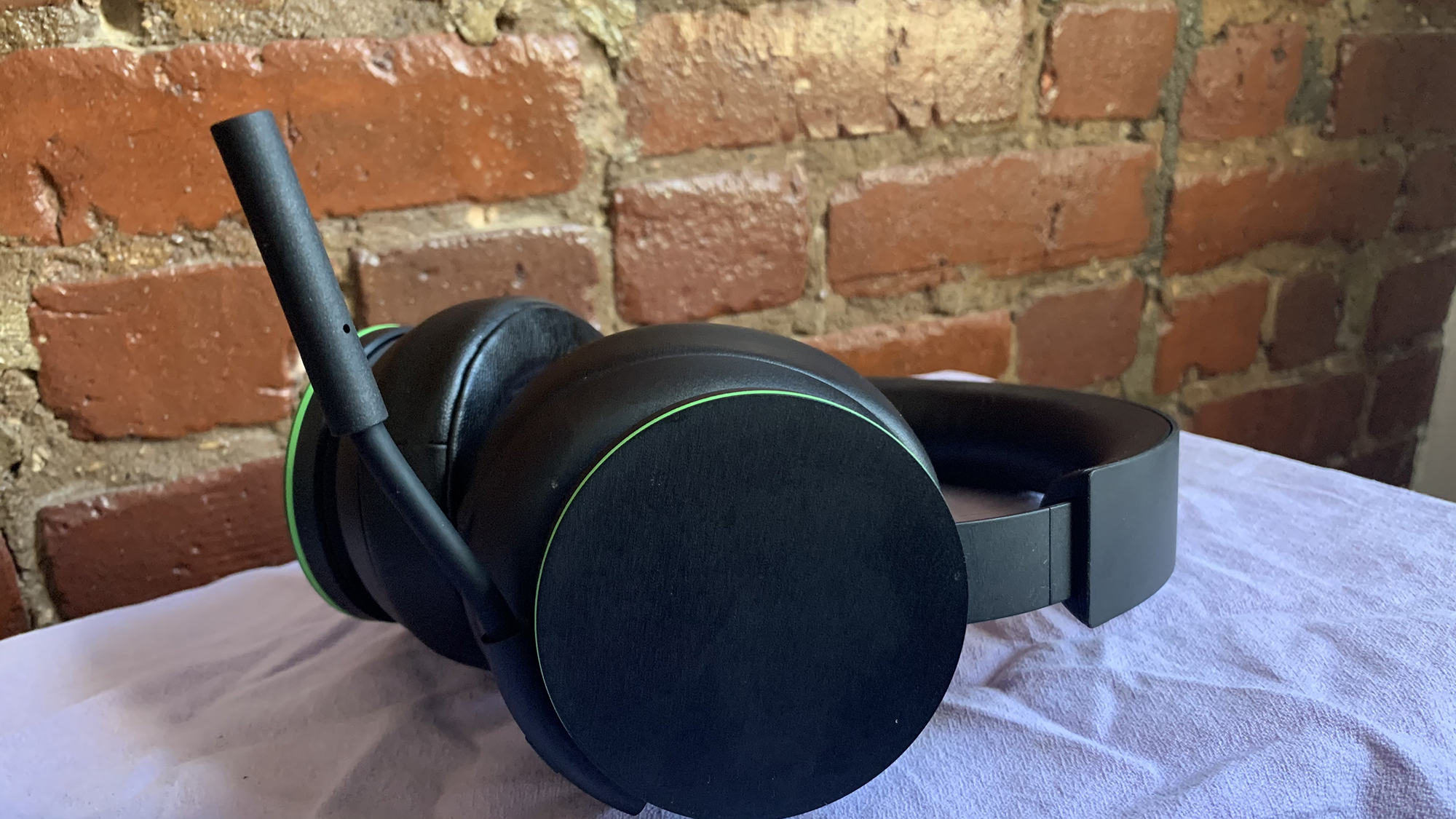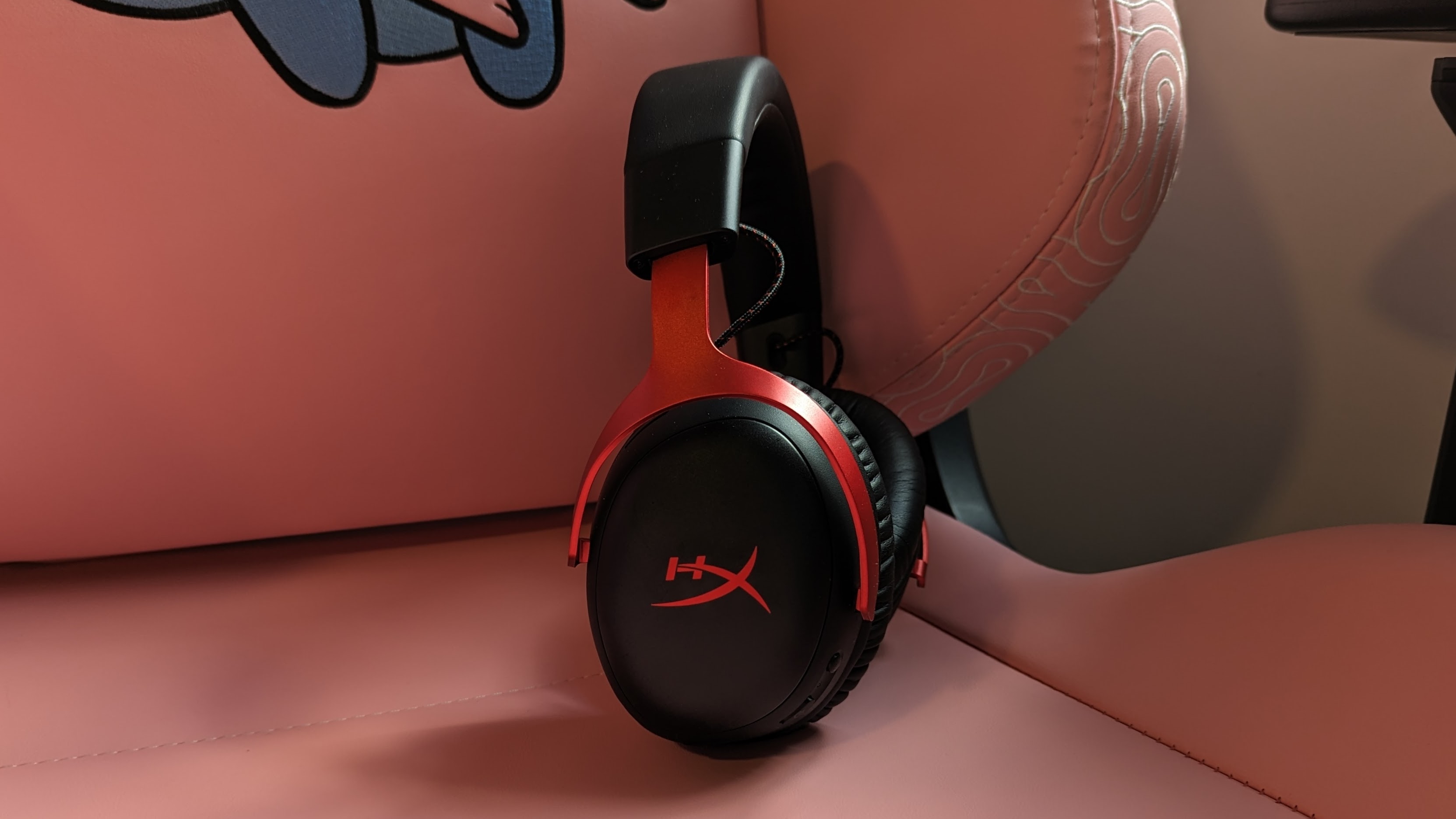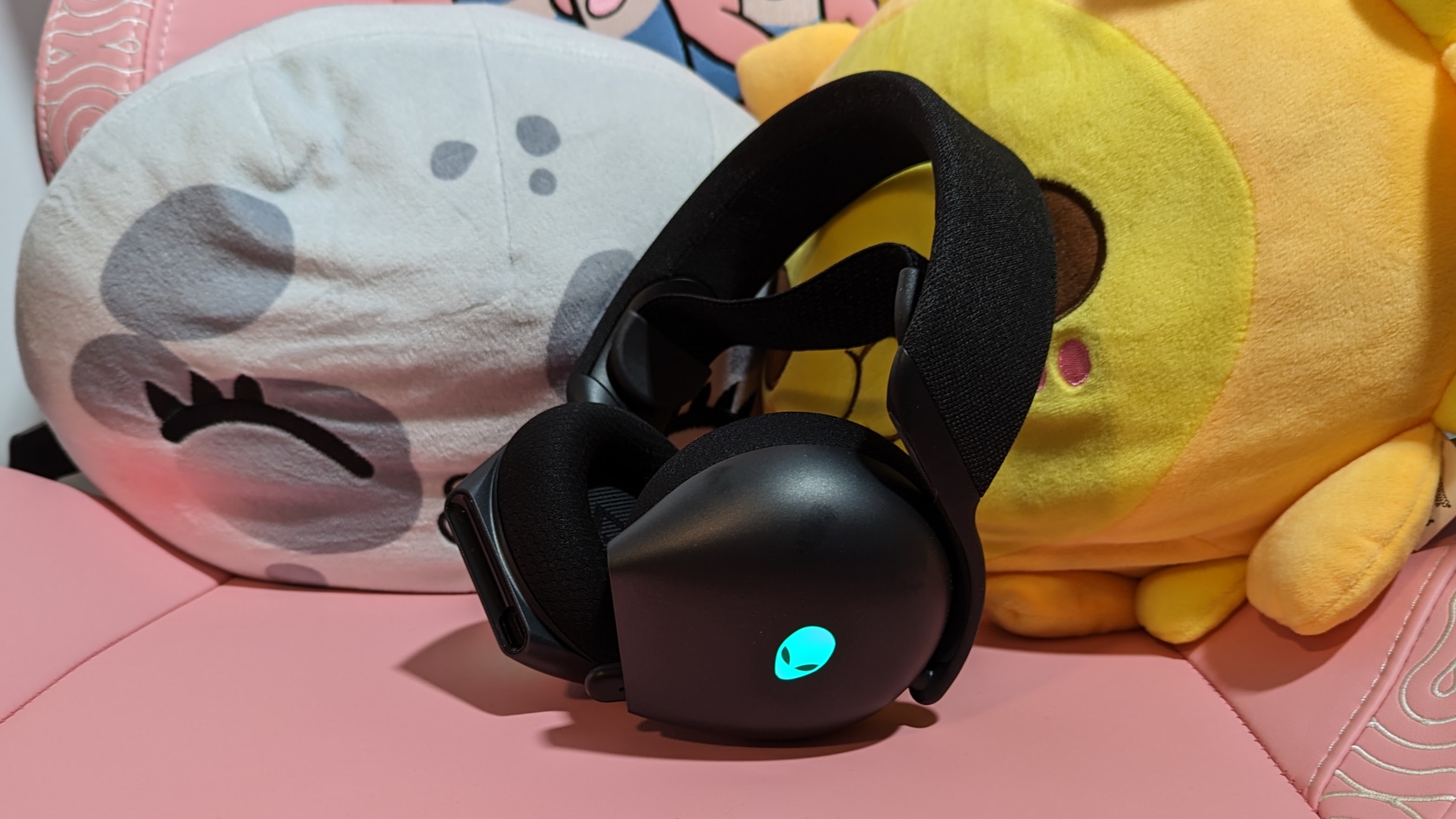Xbox Series X has made buying a gaming headset a nightmare — here’s why
Xbox stubbornly sticks to its wireless solution

Since the dawn of online gaming, you needed the best gaming headsets available to not only get an edge on your competition but to enjoy the encompassing sounds that modern gaming provides.
As we cut our cords and turn to the wireless side of gaming, headsets struggled between 2.4GHz Wireless Type-A or Type-C inputs and Bluetooth, separating where headsets could be used. But fast-forward to 2023, and wireless headsets can work with all modern consoles and PCs — well, except for Xbox… sometimes.
Modern consoles and PCs all feature 2.4GHz wireless and Bluetooth support save for the Xbox Series X, which clings to Microsoft’s wireless proprietary technology. This makes purchasing gaming headsets an absolute nightmare for people who also have an Xbox console.
Is Xbox going to die on this hill?
From cross-play to cloud-gaming, Xbox has been the loudest voice in the gaming space to advocate for more accessibility and opportunities to work together across different brands. However, with the company’s proprietary wireless technology, it won’t budge. What gives?

Having a closed ecosystem in terms of wireless devices might net Xbox some more sales in accessories, but is that really worth the headache for consumers? Why does Xbox’s accessibility standards get thrown out of the window for its wireless solution?
I asked Anshel Sag, Principal Analyst for Moor Insights & Strategy, and they said that Bluetooth has failed to provide the low-latency communication that Xbox desires and that there is interference in a crowded 2.4GHz band. However, Xbox wireless still has a dependency on Bluetooth, with a minimum spec of Bluetooth 4.2 for its headsets.
Much to my surprise, it doesn’t seem to be about the money, but the experience.
Sign up to receive The Snapshot, a free special dispatch from Laptop Mag, in your inbox.
What are gaming headset manufacturers doing?
Xbox is posing a frustrating problem not only to the consumer, but the manufacturers as well. There are headsets like the SteelSeries Arctis Nova 7 Wireless that come in PC, PlayStation, and Xbox variants, but there’s virtually no difference between the PC and PlayStation one. Arguably, the Xbox model is the best one because it not only connects wirelessly to all modern consoles, but also to Xbox’s proprietary wireless system. There are three variants when there should really be only one. Is this a good or bad thing for gaming headset manufacturers?

Sag states that Microsoft actually makes it harder for third parties to deploy compatible technologies and accessories. “The best thing would be for the industry to unify around a low-latency solution that is unified across Xbox, PlayStation, and PC. However, headset manufacturers instead have to support different proprietary standards.”
Sag explains that the limitations of Bluetooth and the need of a dongle stop Xbox from moving over despite it still using the SBC codec. “There are better lower latency and higher quality codecs out there.”
It’s also interesting to think about how Xbox’s proprietary wireless in the Xbox 360 controllers are completely useless with current-gen consoles. So where does this road lead? Will Xbox continue to support its proprietary wireless solution? History says no. And if that's the case, I don’t see how this is sustainable.
What should you do?
Well, we have little choice in the matter. Even if you don’t own an Xbox, the safest purchase in a gaming headset is likely going to be an Xbox version of it — because it offers wireless connection to everything.

Not all headsets feature dual-compatibility like the Arctis Nova 7 or the Turtle Beach Stealth Pro Headset. There are even a few wireless gaming headsets that are exclusive to Xbox, like the HyperX CloudX Flight.
It’s tricky to purchase a true wireless gaming headset that works with absolutely everything — but they exist, you just have to read the fine print. For example, the Arctis Nova 7 Xbox version clearly states and even reveals in photos that its dongle has a built-in switch for Xbox Wireless and 2.4GHz wireless.
Outlook
From the PS5 and PC to the Nintendo Switch and every other Type-C compatible device, the tech world has united to ensure consumer devices work across each other’s services. Even Apple has slowly, but surely adopted the Type-C port, but Xbox is still lagging on the wireless front.
Xbox is advocating for latency over accessibility. But how much quicker are you experiencing your games? Do you notice a latency difference hopping between an Xbox to a PlayStation? As someone who dabbles in both, I certainly don’t.
Rocket Science ran a test between PlayStation and Xbox controllers, and the Xbox Series X had an average input lag of 5.9ms whereas the DualSense clocked in at 4.9ms (lower is better). It’s different from headsets, but Xbox uses the same wireless tech for its controllers, and if a Bluetooth DualSense could beat it, I’m not sure Xbox is getting its time and money’s worth out of its proprietary tech. And even if it was Xbox on top, 1ms is not worth sacrificing accessibility.
We reached out to Xbox for comment about the stance on its wireless tech, but a representative stated that Xbox doesn't have anything to share at the moment. If the company does share something, we'll update this article accordingly.
The hunt for better latency seems to be more trouble for everyone involved than it is helpful. Xbox needs to change its ways in the next cycle, lest it damns a sea of wireless tech to uselessness.

Rami Tabari is the Reviews Editor for Laptop Mag. He reviews every shape and form of a laptop as well as all sorts of cool tech. You can find him sitting at his desk surrounded by a hoarder's dream of laptops, and when he navigates his way out to civilization, you can catch him watching really bad anime or playing some kind of painfully difficult game. He’s the best at every game and he just doesn’t lose. That’s why you’ll occasionally catch his byline attached to the latest Souls-like challenge.
